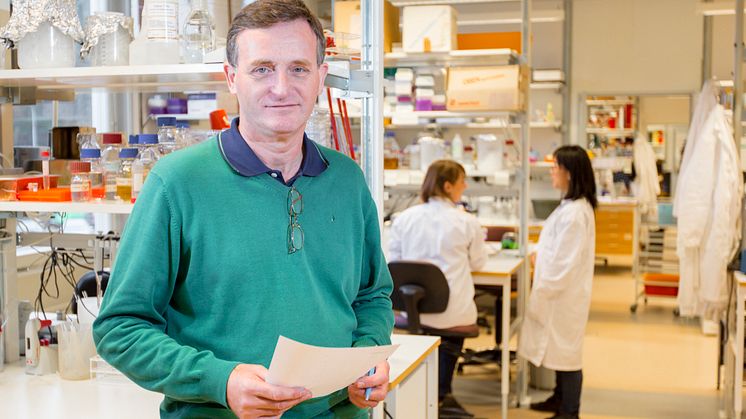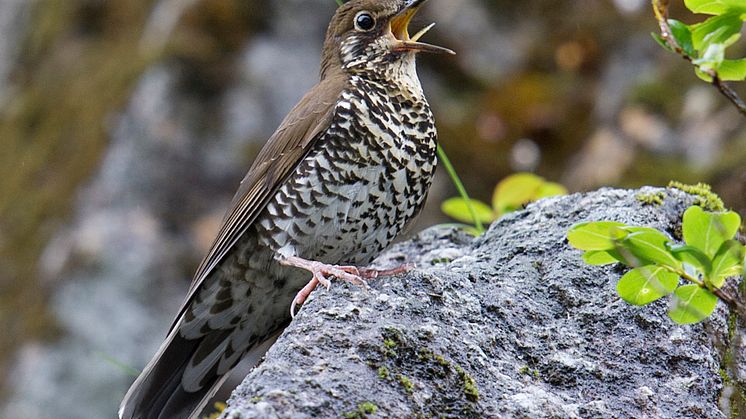New app improves treatment of atrial fibrillation
Atrial fibrillation increases the risk of stroke. Treatment with oral anticoagulation reduces this risk but instead increases the risk of bleeding. Today, a new blood test based tool enabling better and more individualized stroke prevention treatment is presented at a congress in Chicago, and simultaneously published in the top-ranked medical journal The Lancet.

